Food safety is only one of many threats to public health in India. Food safety is a serious public health concern in the world’s second most populous countries, India. In India, the challenges of feeding a large geographically dispersed population, millions of whom are poor and malnourished, are immense. This has led to the proliferation of illegal, dishonest, and bootleg suppliers and slipshod government policies. The results are detrimental to public health, particularly for vulnerable communities. These crises further compromise international perceptions, indicating poor governance, weak political will, inadequate policies and lax enforcement.
Genetically modified products are increasingly seen by some as a viable solution for feeding India’s growing population, setting the stage for a public battle among corporations, scientists, public health advocates, and NGOs. India’s food safety monitoring system is inconsistent and arbitrary, a product of larger governance and bureaucratic failures at the regulatory level.
The solution is more effective appropriation of resources to regulatory units, institutional strengthening and capacity building, tighter strategic and operational coordination between Government Regulatory agency and Industry. In parallel streams of work, CPHFS realistic evaluation approach has helped a variety of stakeholders understand the impact that their work is having and how best to improve services.
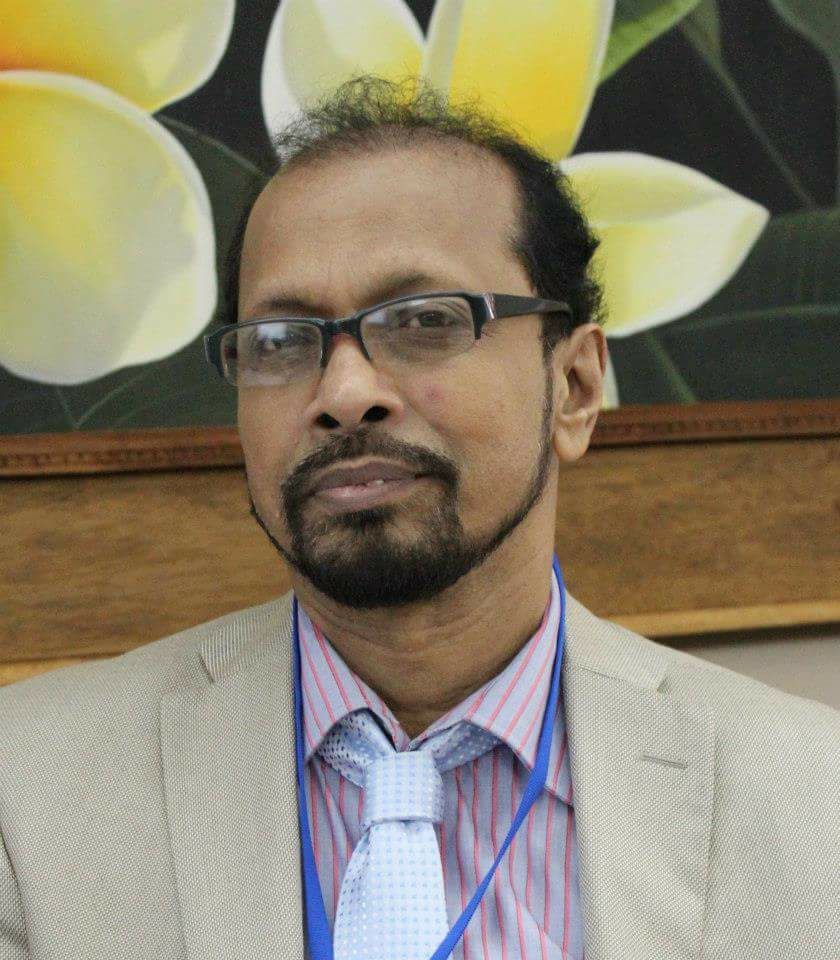 Pradip Chakraborty
Pradip Chakraborty
Centre For Public Health and Food Safety
Former Director( Product Approval) FSSAI, Govt. of India
Expert Food technologist
E-Mail: pradipchakraborty91@yahoo.com
Contact Number: +91-9953689010
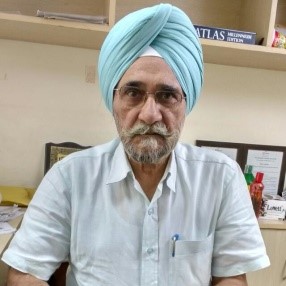 Dr. Jasjit Singh Sandhu
Dr. Jasjit Singh Sandhu
Centre For Public Health and Food Safety
Former Deputy Director, CFTRI (Retd), Govt. of India,
Member NABL Accreditation Committee, FSMS Lead Auditor ,FSSAI empanelled FoSTac trainer and Hygiene Auditor
E-Mail: j45sss@yahoo.co.in
 Chef Nitin Puri
Chef Nitin Puri
Centre For Public Health and Food Safety
B.Com, Diploma in Hotel Management, Master's Diploma in Business Administration
E-Mail: nitinpuri0812@gmail.com
Contact Number: +91-9999615530
 Dr. Bishan Chand
Dr. Bishan Chand
Centre For Public Health and Food Safety
Former Asst. Director (Training) FSSAI, Govt. of India
E-Mail: drbishanchand@gmail.com
Contact Number: +91-9911140569
A drug is any substance (other than food that provides nutritional support) that, when inhaled, injected, smoked, consumed, absorbed via a patch on the skin, or dissolved under the tongue, causes a physiological change in the body.
Substandard drugs are medicines that are of lower quality because of poor manufacturing, quality control, storage or packaging practices. Such drugs are different from spurious drugs, which are mostly imitations of genuine drugs and are often conspicuously labelled to deceive the patient about the ingredients, effects or manufacturer. Earlier survey commissioned by the health ministry pegs the number of substandard drugs produced and sold in India at 3.5 per cent - much lower than the proportion of not-of-standard-quality medicines elsewhere in the world.
Centre for public health and Food Safety (CPHFS) has established itself as one of the India leading applied research groups, supporting evidence based drugs policy through epidemiology, monitoring, evidence review, intervention evaluation and primary research.
 Fayazul Islam
Fayazul Islam
Centre For Public Health and Food Safety
Former Officer CDSCO, Govt. of India
B. Pharma , MBA-Pharmaceutical Management
E-Mail: fayazul@gmail.com
Contact Number: +91-9911228114
 Ajay Sharma
Ajay Sharma
Centre For Public Health and Food Safety
Expert- Certification of WHO: GMP, USFDA, USP Certification, EDQM, KFDA, COFEPRIS, ISO : 9001 : 2015 / 14001:2015 and QMS Design etc.
E-Mail: hindwan@rediffmail.com
Contact Number: +91-7389867948
 Dr. Vipul Mishra
Dr. Vipul Mishra
Centre For Public Health and Food Safety
M.Sc.(Biotechnology.), Ph.D. Industrial ( Delhi University)
Expert- Drugs and Cosmetic Regulatory Project Management (National & International)
E-Mail: vipul_onweb@yahoo.com
Contact Number:
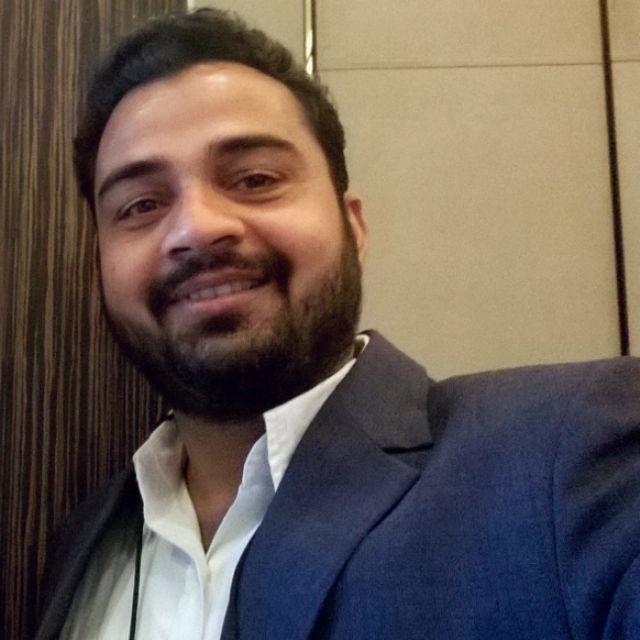 Jai Kumar Mishra
Jai Kumar Mishra
Centre For Public Health and Food Safety
M. Pharma, M.Sc. (Pharmaceuticals Chemistry)
E-Mail: jaikumarmishra83@gmail.com
Contact Number: +91-8454011177
Centre for public health and Food Safety (CPHFS) firmly believes that without safe, clean environment as well as healthy working conditions, social justice and economic growth cannot be achieved and that safe and healthy working environment is recognized as a fundamental human right. Education, training, consultation and exchange of information and good practices are essential for prevention and promotion of such measures.
The increasing use of chemicals, exposure to physical, chemical and biological agents with hazard potential unknown to people; the indiscriminate use of agro-chemicals including pesticides, agricultural machineries and equipment; industries with major accident risks; effects of computer controlled technologies and alarming influence of stress at work in many modern jobs pose serious safety, health and environmental risks.
Environmental issues are one of the primary causes of disease, health issues and long term livelihood impact for India. There are many environmental issues in India. Air pollution, water pollution, garbage, and pollution of the natural environment are all challenges for India. India has made one of the fastest progress in the world, in addressing its environmental issues and improving its environmental quality. Major environmental issues are forest and agricultural degradation of land, resource depletion (such as water, mineral, forest, sand, and rocks), environmental degradation, public health, loss of biodiversity, loss of resilience in ecosystems, livelihood security for the poor.
There is a need to develop close involvement of social partners to meet the challenges ahead in the assessment and control of workplace risks by mobilizing local resources and extending protection to such working population and vulnerable groups where social protection is not adequate.
CPHFS stands committed to review the National Policy on Safety, Health and Environment at Workplace and legislations through tripartite consultation, improve enforcement, compilation and analysis of statistics; develop special programmes for hazardous operations and other focus sectors, set up training mechanisms, create nation-wide awareness, arrange for the mobilization of available resources and expertise.
 Dr. Sushil Gupta
Dr. Sushil Gupta
Centre For Public Health and Food Safety
B.Sc., M.Sc., Ph.D (Chemistry)
E-Mail: sushilguptajwr@rediffmail.com
Contact Number: +91-9891834003
Education has all through been considered a key driver of national development; an essential condition for building a humane society. However, the core objectives of education in the coming years should encompass four essential components – i.e. building values, awareness, knowledge and skills. While knowledge and skills are necessarily specific to the objectives of study and largely determined by factors like future employment or the pursuit of a vocation, awareness and values are universal in nature and should be shared by all. Ideally, these should foster development of personal qualities and behavioural attributes, which will help children, develop into good citizens.
The two main sources of educational statistics are the educational institutions and households. Education is the single most important factor to ensure gender equality and empowerment. The Gender Parity Index (GPI) is the ratio of the number of female students enrolled at primary, secondary and tertiary levels of education to the corresponding number of male student in each level. Thus GPI (based on GER) which is free from the effects of the population structure of the appropriate age group, provides picture of gender equality in education.
Education is a great leveller, and provides the only sustainable route to reduce disparities. In the past a small proportion of Indians had access to quality education, but even so a large number of Indians managed to distinguish themselves in academics. The country has tremendous potential to become a world leader in several fields if there is a resolve to provide high quality education and health care to its children.
India holds an important place in the global education industry. The country has more than 1.4 million schools with over 227 million students enrolled and more than 36,000 higher education institutes. India has one of the largest higher education systems in the world. However, there is still a lot of potential for further development in the education system and CPHFS are committed for the same.
To quote Swami Vivekanand, “Education is not the amount of information that we put into your brain and runs riot there, undigested, all your life. We must have life-building, man-making, character-making assimilation of ideas. If you have assimilated five ideas and made them your life and character, you have more education than any man who has got by heart a whole library. If education is identical with information, the libraries are the greatest sages of the world and encyclopaedia are the greatest Rishis.” The statement of Swami Vivekanand assumes much greater significance with the advent of internet and ever expanding digital connectivity.
 Dr. Pramila Shukla
Dr. Pramila Shukla
Centre For Public Health and Food Safety
Faculty, Amity University, Noida
Ph.D. (Physics) University of Allahabad,
E-Mail: prmlshukla8@gmail.com
Contact Number: +91-8826644183
 Sudha Mishra
Sudha Mishra
Centre For Public Health and Food Safety
B.Sc., B.Ed., MCA
E-Mail: editor@cphfs.in
Contact Number: +91-9860736170
Every nook and corner of India is a clear display of increasing population. Whether you are in a metro station, airport, railway station, road, highway, bus stop, hospital, shopping mall, market, temple, or even in a social/ religious gathering, we see all these places are overcrowded at any time of the day. This is a clear indication of overpopulation in the country.
According to the Indian census, carried out in 2011, the population of India was exactly 1,210,193,422, which means India has crossed the 1-billion mark. This is the second most populous country of the world after China and the various studies have projected that India will be world’s number-1 populous country, surpassing China, by 2025. Inspite of the fact that the population policies, family planning and welfare programmes undertaken by the Govt. of India have led to a continuous decrease in the fertility rate, yet the actual stabilisation of population can take place only by 2050.
India’s strengths in the global world in various fields cannot be ignored, whether in science & technology, medicine and health care, business and industry, military, communication, entertainment, literature and many more. The main adverse Effects of the Over Population are Unemployment, Manpower utilization, Pressure on infrastructure, Resource utilization, Decreased production and increased costs and Inequitable income distribution.
CPHFS are committed to work for take necessary steps to control Population in India with support of Government of India, politicians, policy makers should initiate a bold population policy so that the economic growth of the country can keep pace with the demands of a growing population. Major steps which have been already implemented but still need to be emphasised more to control population.
 Dr. Mili Sarkar
Dr. Mili Sarkar
Centre For Public Health and Food Safety
(MBBS (AM), MD, Advance Diploma in Clinical Research & Trail, PG Diploma of Health Care Management)
E-Mail: milysarkar@gmail.com
Contact Number: +93707866306
 Dr. Raj Kumar Sharma
Dr. Raj Kumar Sharma
Centre For Public Health and Food Safety
M.Sc., M.Tech, Ph.D (Chemistry)
E-Mail: raaj1309@yahoo.co.in
Contact Number: +91-9411096011
Legal awareness is the natural starting point for legal empowerment, it has often to be followed by legal assistance in actually accessing rights. This is especially so for marginalized sections whose protracted vulnerability makes access to justice particularly difficult. Legal assistance can range from legal advice and counseling, to representation in court through litigation. CPHFS provides legal assistance through its network of lawyers and community justice workers in various parts of the country.
The sector is vibrant and dynamic because of the broad range of activities and functions it undertakes and the impact it makes on the Society. In order to carry out the functions effectively and efficiently it is important that the legal environment in which the voluntary organizations operate is congenial and enabling for the development.
CPHFS committed to conducts empirical, interdisciplinary research at the intersection of environmental and public health issues. In particular, it focuses on strategic rights-based approaches to health, needs-based pharmaceutical regulation, and the adverse health impacts of environmental pollution on socio-economically disadvantaged groups and also provides legal assistance to the poor and the marginalized e.g. women, children, persons with disabilities, the poor.
In the words of Sri Aurobindo, “The Indians must have the firm faith that India must rise and be great and that everything that happened, every difficulty, every reverse must help and further their end. … … . The dawn would soon be complete and the sun rise over the horizon. The sun of India’s destiny would rise and fill all India with its light and overflow India and overflow Asia and overflow the world.” The rest of the 21st century could then belong to India.
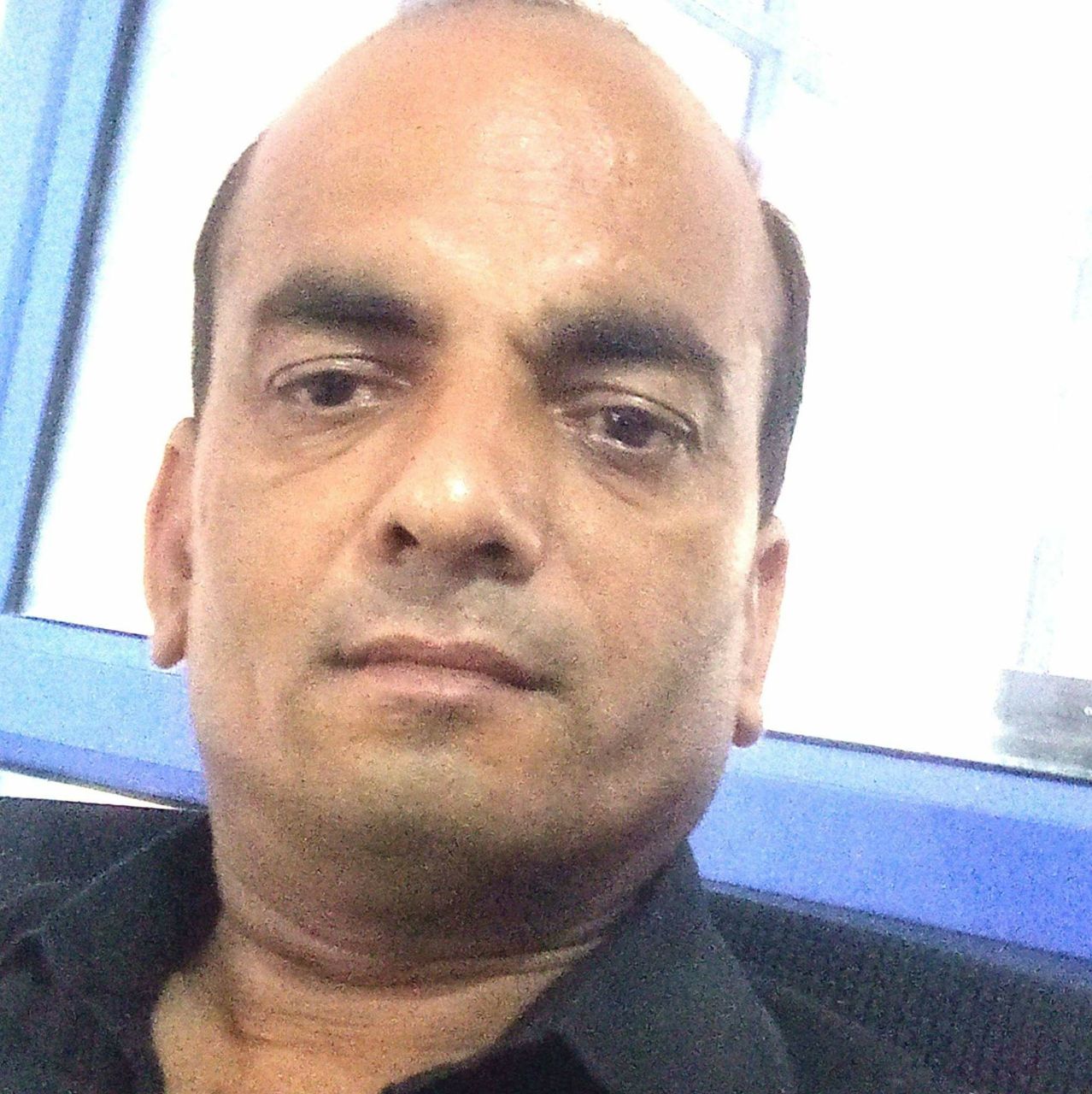 Dr. Akhilanand Mishra
Dr. Akhilanand Mishra
Centre For Public Health and Food Safety
B.Sc., M.Sc., Ph.D Chemistry
E-Mail:akhilnmishra@yahoo.co.in
Contact Number: +91-9913454543
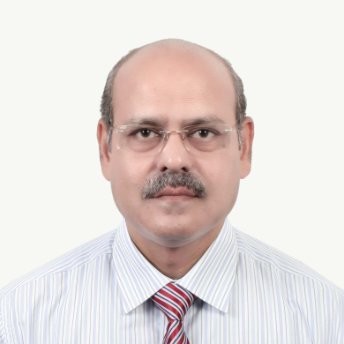 Biswajit Banerjee
Biswajit Banerjee
Centre For Public Health and Food Safety
B.Com ,MBA- USA (Louisiana), Marketing Management, Extn. Prgm., IIM Calcutta
E-Mail: biswajit649@gmail.com
Contact Number: +91-9582924140